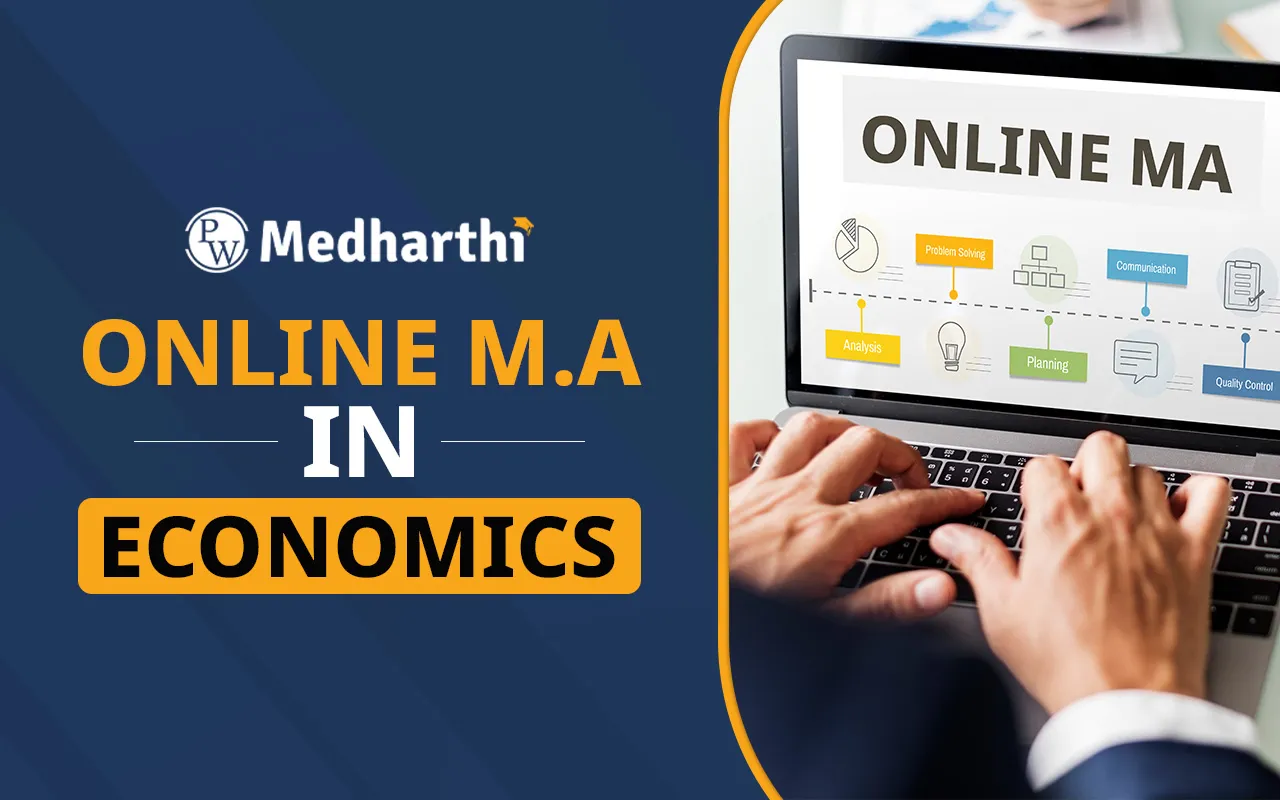
Human Resource Management (HRM) plays a foundational role in guiding organizational effectiveness through workforce planning, compliance, talent development, and employee engagement. As organizations adapt to increasingly remote, hybrid, and digitally enabled operations, the demand for structured, professionally recognized HR education has expanded significantly. Online HR courses have emerged as an accessible method for acquiring and formalizing knowledge in this domain.
Among the various aspects of online HR education, two areas demand particular attention: the types of HR courses available online, and the accreditations or recognitions associated with these programs. Provided here is a focused examination of both, supporting informed decision-making for prospective learners.
Understanding Online HR Courses
Online HR courses are structured learning programs offered through internet-based platforms, educational institutions, or training providers. These courses cover a wide range of human resource management topics and are typically accessible via learning management systems (LMS) that facilitate asynchronous (self-paced) or synchronous (real-time) instruction. Courses may be offered as standalone certifications, part of a larger diploma or degree program, or integrated within professional development pathways. The digital nature of these offerings supports flexibility in learning while maintaining curriculum standards aligned with current HR practices.
Types of Online HR Courses
There are numerous types of Online HR Courses that are meant to cater to several well-focused requirements. In fact, Online HR courses are available in various formats to cater to different learning goals:
-
Introductory or Foundational Courses
At the most accessible level, introductory or foundational courses in human resources are designed for individuals who are either new to the field or considering a career transition into HR from other professional domains. These online courses usually focus on the core concepts of HRM such as recruitment basics, employee onboarding, performance management fundamentals, and workplace ethics. Their main objective is to provide a broad understanding of HR functions without delving too deeply into technical or strategic areas. These programs are generally short in duration, require no prior academic or professional qualifications, and typically offer certificates of completion rather than industry-recognized credentials. For many learners, they serve as a stepping stone toward more advanced qualifications or specialization.
-
Professional Certificate Programs
For those seeking to formalize their HR knowledge or update their skills within a specific functional area, professional certificate programs offer a more structured learning path. These courses often include a sequence of modules, assessments, and practical exercises designed to develop applied competencies in key HR areas. Subjects commonly addressed include talent acquisition, compensation and benefits design, employee relations, labor law compliance, and HR technology systems. Some professional certificate programs are aligned with recognized frameworks from global HR organizations, enhancing their relevance in professional contexts. These programs typically span a few weeks to several months and are frequently selected by early to mid-career professionals aiming to strengthen their qualifications or prepare for professional certification exams.
-
Diploma and Advanced Diploma Programs
Diploma and advanced diploma programs represent a more comprehensive approach to online HR education. These programs are usually delivered by recognized academic institutions or vocational training organizations and are suitable for individuals with prior experience or education in HR or business-related fields. The curriculum in diploma-level programs integrates theoretical perspectives with practical application, covering strategic HRM, employee development, performance analytics, conflict resolution, and organizational behavior. Learners often engage in case studies, project-based assessments, and reflective assignments that simulate real-world HR scenarios. These programs may be used to support career advancement into supervisory or specialist roles or to build eligibility for admission into postgraduate studies.
-
Undergraduate and Postgraduate Degree Programs
A number of universities and higher education institutions offer online undergraduate and postgraduate degree programs in human resource management. These academic programs provide in-depth instruction on a wide range of HR topics, embedded within a broader business and management context. At the undergraduate level, students explore core areas such as labor economics, organizational theory, HR law, and data interpretation, typically over a period of three to four years. Postgraduate degrees, including master's programs, are designed for professionals aiming to develop strategic leadership capabilities in HR. These programs often emphasize advanced subjects such as global workforce planning, digital transformation in HR, change management, and human capital analytics. Degree programs are usually accredited by national education authorities and may be recognized by professional bodies, depending on the institution’s affiliations.
-
Specialization Modules and Micro-Credentials
In addition to comprehensive programs, many institutions and e-learning platforms offer short, focused courses known as specialization modules or micro-credentials. These are tailored for HR practitioners who need to quickly develop expertise in a specific subject area or stay current with emerging trends. Topics commonly explored include diversity and inclusion strategies, HR information systems (HRIS), workplace investigation procedures, hybrid work policies, and advanced employee engagement techniques. These courses are often offered on-demand and can be completed in a matter of weeks. Although typically not accredited by external organizations, they are valued for their relevance, speed of delivery, and practical application in dynamic workplace environments. Some micro-credentials may be stackable, allowing learners to accumulate them toward a larger qualification or certificate.
-
Corporate Training and Compliance-Focused Courses
A distinct category of online HR education involves corporate training modules designed to meet organizational or regulatory requirements. These courses are typically developed internally or sourced from professional training providers and are used to train staff on company policies, workplace safety, anti-discrimination laws, performance evaluation frameworks, and legal compliance standards. Although these courses do not usually offer external accreditation or academic recognition, they fulfill essential operational and governance functions. Their content is often reviewed by legal or HR compliance teams to ensure alignment with national labor laws and company-specific procedures. Delivered through learning management systems, these courses are structured for internal tracking and reporting, particularly in industries subject to rigorous audit and compliance requirements.
HR Certification Online
HR certification online offers professionals an opportunity to enhance their knowledge and skills in human resource management through flexible, accessible learning formats. These certifications cover essential topics such as talent acquisition, employee relations, compensation, and labor laws. By completing an online HR certification, individuals can demonstrate their commitment to professional growth and improve their understanding of HR practices. Many programs provide recognized credentials that can support career advancement and open doors to new job opportunities. Online HR certifications are suitable for both beginners and experienced professionals seeking to stay updated with industry trends and improve organizational effectiveness.
Accreditations and Recognitions
The value of an HR course is often determined not only by its content but also by its accreditation. Accreditation refers to formal recognition by an educational, governmental, or professional body that the course meets established standards of quality and relevance.
1. SHRM-Aligned Courses
Courses aligned with the SHRM Body of Applied Skills and Knowledge (BASK™) framework prepare learners for the SHRM-CP (Certified Professional) or SHRM-SCP (Senior Certified Professional) exams. Many training providers explicitly indicate SHRM alignment in course descriptions.
2. CIPD Qualifications
The CIPD offers structured learning paths at Foundation, Associate, and Chartered levels. Its qualifications are commonly required for HR roles in the UK and are increasingly recognized in other regions. Online courses leading to CIPD Level 3 (Foundation Certificate) or Level 5 (Associate Diploma) are available through approved learning centers.
3. HRCI Certification Preparation
Courses that prepare learners for HRCI credentials (e.g., PHR, SPHR) are typically offered by training providers authorized by the HRCI. These certifications are widely recognized in North America and parts of Asia and the Middle East.
4. Academic Accreditation
Degree programs (bachelor's and master's) in HR offered by universities are typically accredited by national or regional bodies such as:
-
NAAC (India)
-
CHEA or DEAC (USA)
-
QAA (UK)
-
TEQSA (Australia)
5. Corporate and Compliance Training
Online HR courses developed internally by organizations or through corporate training providers may not carry external accreditation but may be aligned with national labor standards or internal policy frameworks. These are most often used for internal audits, compliance training, and workplace conduct education.
| Online Degree Important Links | |
| Online MCA Programs in India | Online BCom Course |
| Online MCA Course | Online Degree Programs |
| Regular Degree Vs Distance Degree | BA Online Registration |
Online HR Courses FAQs
What are online HR courses?
Who should take an online HR course?
Are online HR courses recognized by employers?
What is the difference between a certificate and a diploma in HR?
Can I get an accredited HR certification online?










